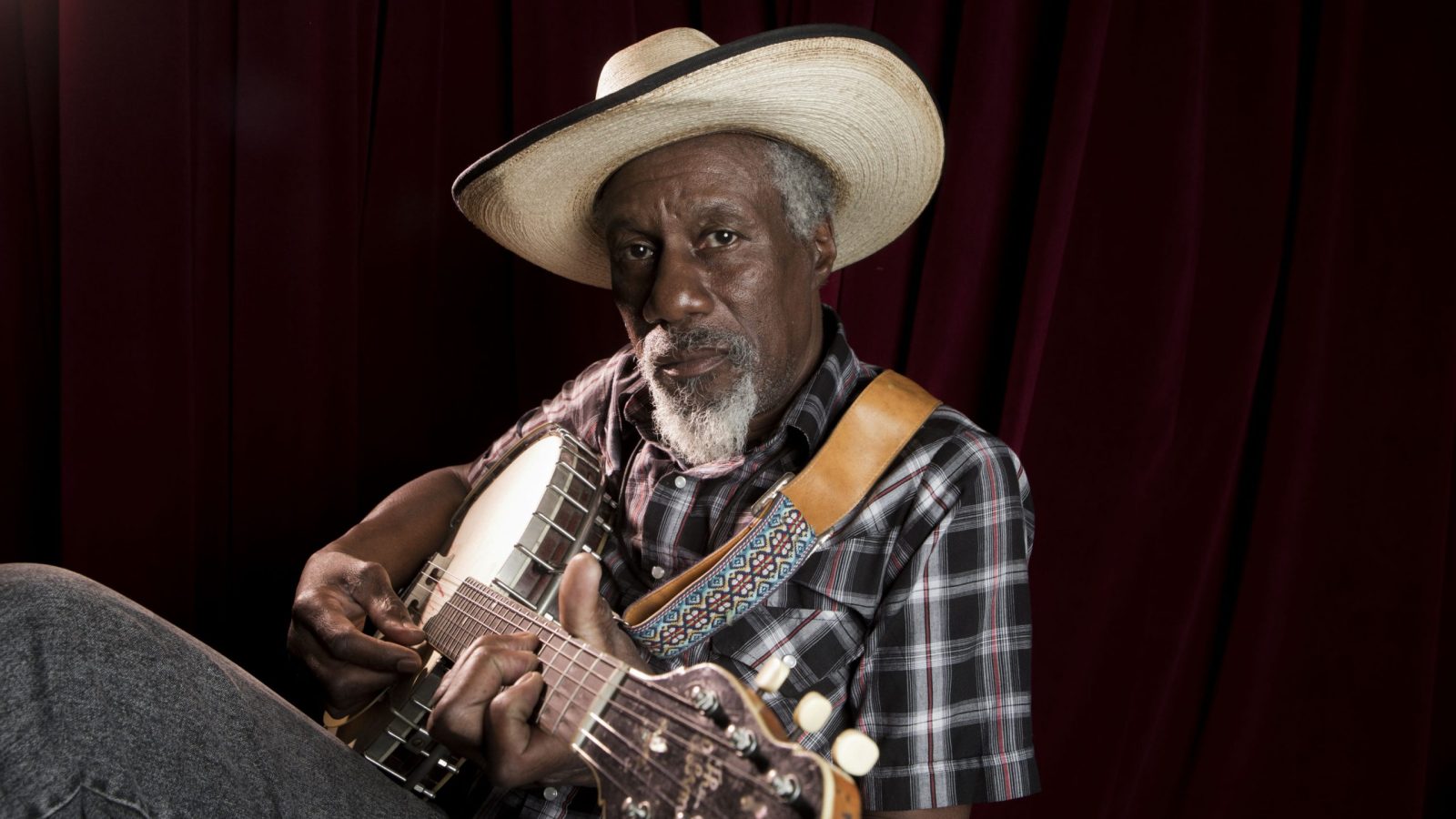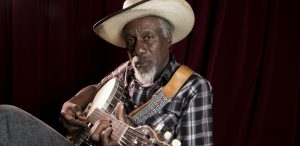What makes an authentic blues artist? Some might say it is one whose words draw directly from their lived experience. Others mighty recognise authenticity in the character of an artist’s voice, or in the rudimentary technique that somehow draws achingly beautiful tone and rhythm out of their chosen instrument. Whatever your criteria, Robert Finley is a bona fide blues artist, who at the age of 64, has lived a life with music at its core and is relishing a second opportunity to make it his primary activity.
Like Blind Lemon Jefferson and many other Southern musicians of the era, Finley was born into a family of sharecroppers: agricultural workers who rented land to grow the produce in which they shared, (although the system often left them open to exploitation and at the mercy of mother nature). “I’m a sharecropper’s son,” he told PBS Newshour recently, “I guess you could say we were those sharecroppers that really never got their share.” His upbringing was a religious one and in the eyes of his father, the blues was the devil’s music. As such, gospel was the first style that shaped his understanding of music. It made such an impression upon him, that when he earned his first $20 dollars helping his father and was entrusted with it to go and buy some new shoes, the then ten-year-old Robert splashed out on a guitar instead. He left home five years later, determined to put his self-taught abilities and knowledge accrued in gospel quartets, into a job as musician.
But as many musicians experience, his chosen path was a difficult one. Like Coltrane and Hendrix before him, he became a member of the US armed forces – an engineer for the Army to be precise. There, his passion for music was recognised and encouraged, allowing Finley to lead an Army Band until the end of his military service.
Then, like his father before him had, he answered the call of carpentry, a discipline which he continued with music as his primary hobby, until his eyesight began to diminish. “I got to where I couldn’t see well enough to make accurate cuts”. He told PBS Newshour. “And, at the price of lumber, you can’t afford to keep making miscuts. So I was forced into retirement… I just went back to my music”.
He returned to street corners and modest music venues, where he was fortunately discovered and eventually invited to record with blues enthusiast and Black Key, Dan Auerbach. From there, Robert’s career flourished, proving as he states in one of his finest songs, “Age Don’t Mean a Thing.”
Robert’s sound doesn’t revolve solely around Delta blues. There are also helpings of Muscle Shoals soul, Chicago blues and R&B, giving his music a character appropriate for an artist of his time. His voice is one rich in character, seemingly warn yet capable of the most emotive falsetto and full bodied baritone. It’s no surprise that Dan Auerbach, having recorded renditions of Junior Kimbrough’s music himself, was keen to work with Finley. Together, they have found Finley an audience amongst his contemporaries and career accommodating of his unfortunate sight loss.



